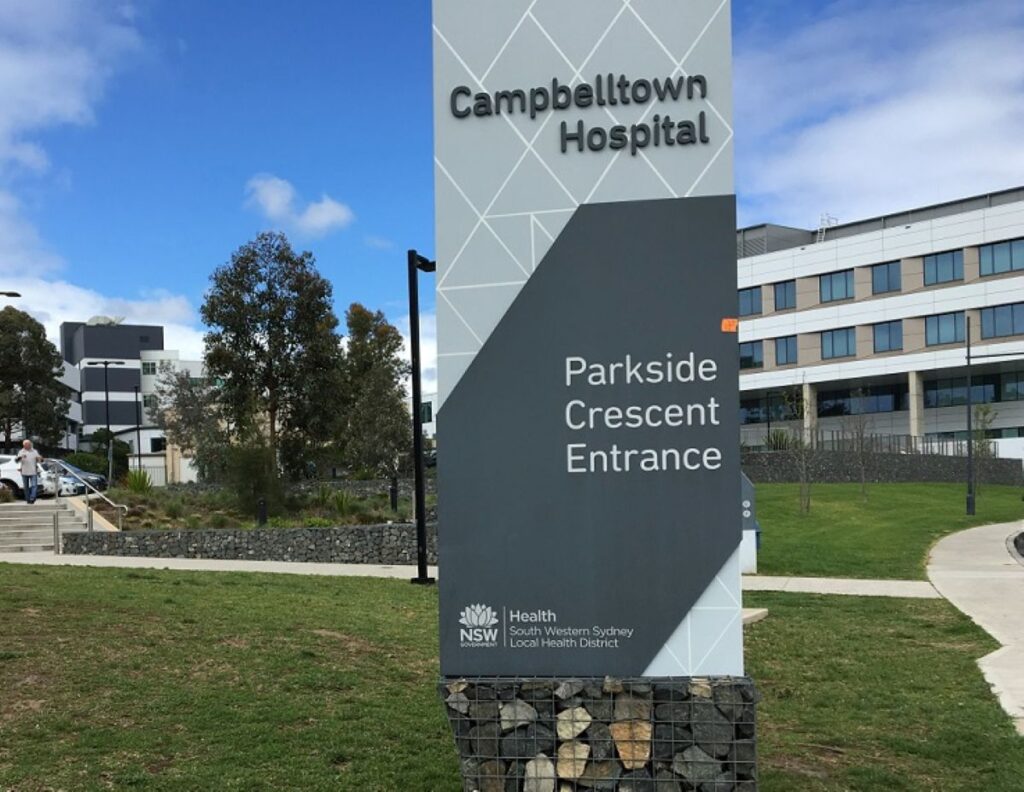
Renal dialysis is a life sustaining treatment for people who have end stage kidney failure.
The treatment filters blood when a patient is experiencing kidney failure, removing excess fluid and waste products.
Patients requiring dialysis usually attend treatment several times per week, for several hours at a time.
And if they happen to live in Macarthur and Liverpool they often have to travel to outside the area to access such a vital service.
But things are about to change for the better.
As part of a regional increase in such services, Camden Hospital will soon welcome a new renal dialysis unit.
And Campbelltown, Bowral and Liverpool Hospitals will also expand their existing renal dialysis services, allowing more patients to receive critical care close to home.
A funding grant of $5.2 million from the State Government has made greater local access to renal dialysis services possible.
The funding will enable the purchase the specialist equipment needed to provide the services at all four hospitals and capital works at Camden and Liverpool Hospitals to repurpose existing spaces into state of the art services.
The additional and expanded renal services are expected to be operational in 2026 and will provide for around 120 new sessions every week.
“Renal dialysis requires frequent and often lengthy treatments, allowing patients in kidney failure to live longer and maintain their quality of life,’’ says Sonia Marshall, the chief executive of South Western Sydney Local Health District.
“The expansion will mean more people than ever before across our district have access to life saving treatments that deliver for our communities.”
“Dialysis is not optional, it’s essential,’’ says the Member for Liverpool, Charishma Kaliyanda
“The expansion of services at Liverpool Hospital means our community can access this lifesaving treatment closer to home,’’ Ms Kaliyanda said.
“This will make a real difference for many renal patients who, at present, are travelling long distances to access care.”
Member for Campbelltown, Greg Warren, also welcomed the funding.
“As demand for these services continues to rise in South Western Sydney, it is crucial that we continue to support our hospitals to meet that demand,’’ he said.
“For locals who have to regularly attend dialysis, giving them options for care close to home can make a major, positive impact.”
